Does CBD Have Any Negatives?
Does CBD Have Any Negative Sides? In the realm of natural remedies, Cannabidiol (CBD), derived from the Cannabis sativa plant, has emerged as a popular choice for those seeking alternative treatments. However, like any substance, it is essential to explore both its potential benefits and drawbacks. This article delves into the lesser-discussed aspects of CBD, providing a comprehensive view to inform your choices.
Estimated reading time: 14 minutes
- Understanding CBD: The Basics
- Potential Side Effects of CBD
- The Importance of Dosage
- The Entourage Effect: Full-Spectrum, Broad Spectrum vs. Isolate
- So Does CBD Have Any Negatives?
- Comparative Overview
- Is CBD addictive?
- Considerations for CBD Users
- Why is your CBD not working?
- What to Do:
- Long-Term CBD Use: What We Don't Know Yet
- Navigating the World of CBD Products
- Conclusion Does CBD Have Any Negatives?
- FAQ – Does CBD have any negatives?
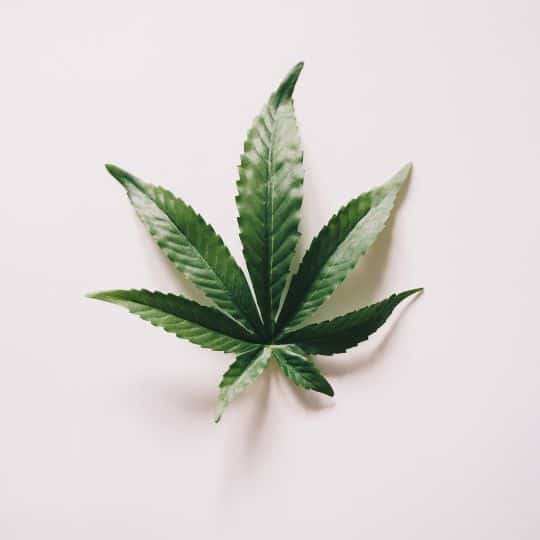
Understanding CBD: The Basics
CBD is one of many compounds found in the Cannabis plant known for its non-psychoactive properties, distinguishing it from THC (tetrahydrocannabinol), the compound causing euphoria. It has used in various forms, including oils, tinctures, edibles, and topicals.
Does CBD have any negatives then? Let's dig a little deeper.
Potential Side Effects of CBD
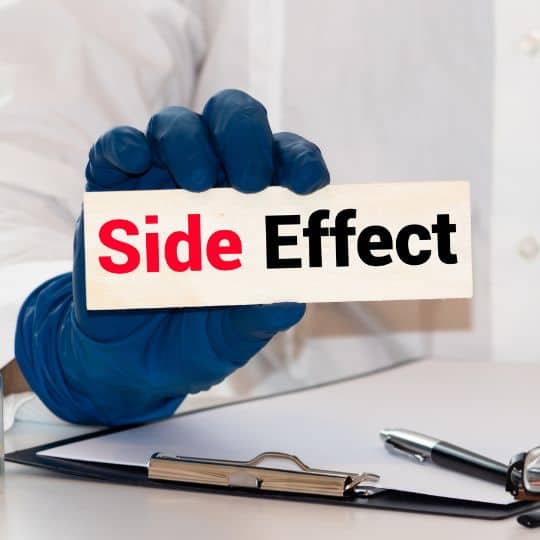
While CBD is often well-tolerated, some individuals may experience side effects. These can include:
- Dry Mouth: A common effect due to the influence of cannabinoids on salivary glands.
- Drowsiness: High doses of CBD may lead to sleepiness or drowsiness, making it unsuitable for use before driving or operating heavy machinery.
- Gastrointestinal Issues: Some users report nausea, diarrhoea, or changes in appetite.
- Interaction with Medications: CBD can interact with certain medications, such as blood thinners, amplifying their effects.
Read more about CBD side-effects here
Quality and Purity Concerns
The market is flooded with CBD products, but not all are created equal. Issues with quality and purity can lead to products that are less effective or, worse, harmful. Contamination with pesticides, heavy metals, and inconsistent levels of CBD are real concerns.
Regulatory Challenges
The legal status of CBD varies globally and even within countries, like the United States. This legal grey area complicates its use and distribution, posing challenges for consumers and businesses alike.
The Importance of Dosage
The importance of accurately determining the dosage of CBD (Cannabidiol) cannot be overstated. CBD, derived from the Cannabis sativa plant, is used for various therapeutic purposes, but its effectiveness is closely tied to the correct dosage. Here is a detailed look at why CBD dosage is so critical:

1. Individual Response Variability:
- Personalized Medicine: Each person's body responds differently to CBD due to factors like body weight, metabolism, and individual chemistry. What works for one person might not work for another, making personalization of dosage crucial.
- Condition-Specific Dosages: The effective dosage of CBD may vary depending on the condition being treated. For example, the amount needed for pain relief might differ from what is required for anxiety or sleep disorders.
2. Avoiding Side Effects:
- Minimizing Adverse Reactions: While CBD is generally well-tolerated, improper dosing can lead to side effects such as drowsiness, gastrointestinal issues, or changes in appetite.
- Preventing Overdose: While a CBD overdose is not typically considered life-threatening, taking too much can result in discomfort and counterproductive effects.
3. Maximizing Therapeutic Effectiveness:
- Finding the ‘Sweet Spot': There is often a range of dosages where CBD is most effective. Too little may have no impact, while too much might not provide additional benefits.
- Gradual Dosing: Starting with a low dose and gradually increasing allows the individual to find the most effective dose with the fewest side effects.
4. Interactions with Other Medications:
- Mitigating Drug Interactions: CBD can interact with certain medications, such as blood thinners or some epilepsy drugs. Proper dosing is vital to avoid potentially harmful interactions.
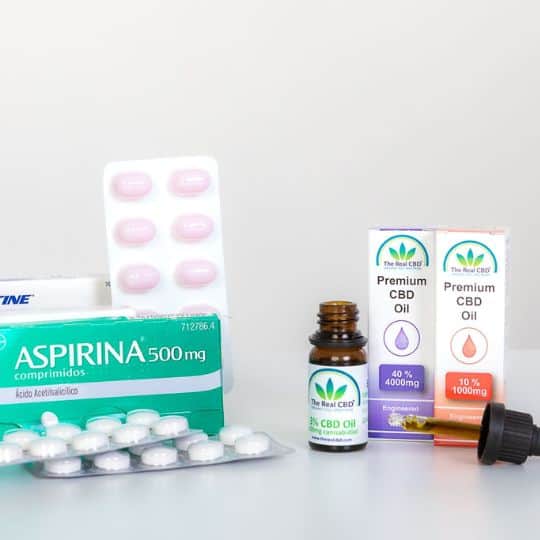
5. Legal and Regulatory Considerations:
- Compliance with Regulations: In areas where CBD is regulated, adhering to recommended dosages may be legally required.
- Product Label Accuracy: Ensuring the dose matches what is on the label is crucial for both legal and health reasons.
6. Cost-Effectiveness:
- Avoiding Waste: Using the correct dose ensures that you are not using (and paying for) more CBD than needed.
- Economic Efficiency: Proper dosing helps users achieve desired results without unnecessary expenditure on extra product.
7. Long-Term Use Implications:
- Understanding Tolerance: Over time, the body may develop tolerance to CBD, necessitating dosage adjustments.
- Monitoring Long-Term Effects: Appropriate dosing is important for monitoring the long-term effects of CBD usage.
The Entourage Effect: Full-Spectrum, Broad Spectrum vs. Isolate
The CBD Entourage Effect, Broad Spectrum CBD, and CBD Isolate are three key concepts in the world of Cannabidiol (CBD) that are crucial for understanding the different types of CBD products available and how they may affect the body. Let us delve into each of these to gain a clearer understanding.
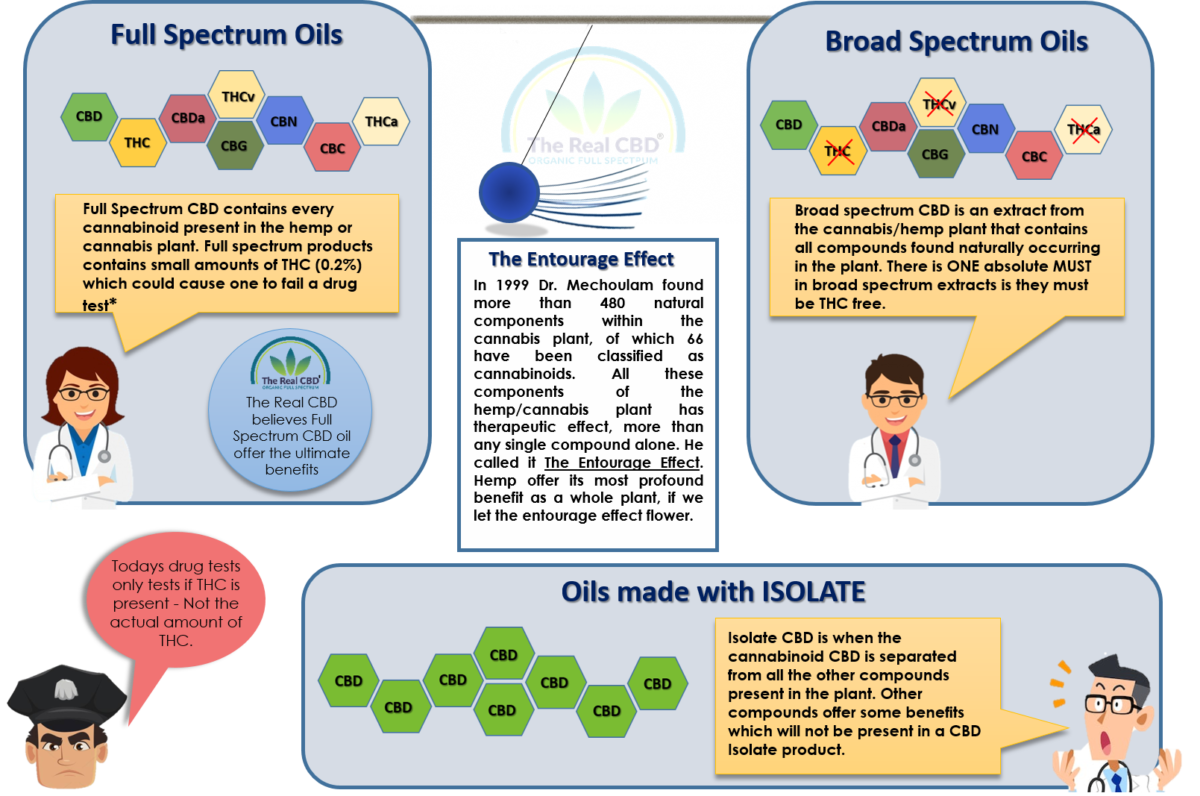
1. CBD Entourage Effect
The term “Entourage Effect” refers to the theory that various compounds found in the cannabis plant work together synergistically, enhancing each other's effects. This concept is particularly relevant when discussing Full-Spectrum CBD products.
- Full-Spectrum CBD: Contains all the compounds found naturally in the cannabis plant, including trace amounts of THC (tetrahydrocannabinol), terpenes, essential oils, and other cannabinoids. The presence of these additional compounds is believed to enhance the overall therapeutic effects of CBD, providing a more comprehensive treatment option for a variety of conditions.
2. Broad Spectrum CBD
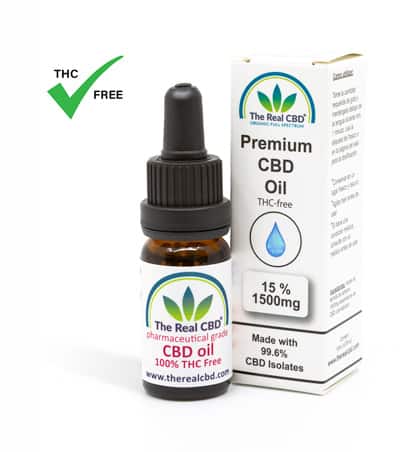
Broad Spectrum CBD occupies a middle ground between Full-Spectrum CBD and CBD Isolate.
- Key Characteristics: This form of CBD contains multiple cannabinoids and compounds found in the cannabis plant, but typically excludes THC. It is designed for those who want the benefits of the entourage effect without any THC.
- Uses: Individuals who are sensitive to THC or need to avoid THC for legal or job-related reasons often choose Broad Spectrum CBD.
3. CBD Isolate
CBD Isolate is the purest form of CBD, with a concentration of 99% or more.
- Composition: It contains only cannabidiol and no other cannabinoids, terpenes, or any other compounds found in the cannabis plant.
- Benefits: CBD Isolate is the best option for individuals who need high doses of CBD, or those who are sensitive to other cannabinoids, including THC.
- Versatility: It is often used in various products, including oils, edibles, and topical applications.
So Does CBD Have Any Negatives?
T
To investigate that, we have broken down several questions and topics around the potential negatives of CBD.
Comparative Overview
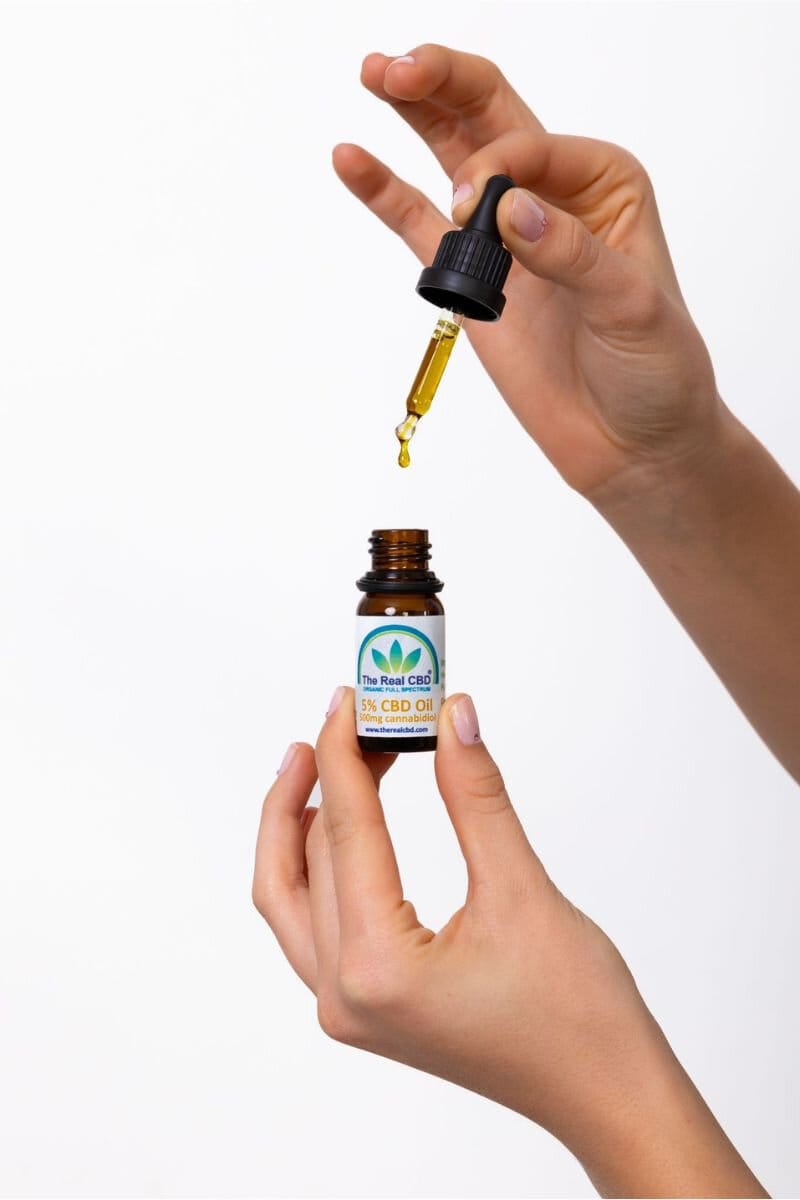
- Effectiveness: The effectiveness of each type depends on the individual's needs and responses. Full-Spectrum CBD and Broad Spectrum CBD are believed to provide more comprehensive benefits due to the entourage effect, while CBD Isolate offers a high concentration of CBD without other compounds.
- THC Content: Full-Spectrum CBD contains trace amounts of THC, Broad Spectrum CBD usually contains none, and CBD Isolate definitely contains no THC.
- Legal and Drug Testing Considerations: The presence of THC in Full-Spectrum products may have legal implications in some areas and could potentially affect drug test results.
Is CBD addictive?
CBD has gained significant attention for its potential health benefits. One common question surrounding its use is whether CBD is addictive as part of does CBD Have Any Negatives?.
- Non-Psychoactive Nature: Unlike THC (tetrahydrocannabinol), another compound found in cannabis, CBD does not produce a “high” or psychoactive effect. This characteristic significantly reduces its potential for abuse or addiction.
- World Health Organization (WHO) Report: A critical review report by the WHO in 2018 stated that CBD exhibits no effects indicative of any abuse or dependence potential. It also noted that to date, there is no evidence of public health-related problems associated with the use of pure CBD.
- Research on Addiction: Studies on CBD have shown that it does not trigger the same pathways in the brain that are typically involved in substance addiction. In some cases, CBD has been researched for its potential role in helping to manage addiction to other substances, like opioids or nicotine, though more research is needed in this area.
Considerations for CBD Users
- Quality and Purity: It is essential to use high-quality, well-regulated CBD products. Some products on the market may not contain the levels of CBD they claim, and others may have unwanted additives, including THC.
- Individual Responses: As with any substance, individual responses to CBD can vary. While it is generally considered non-addictive, it is essential to be mindful of your body's reactions and consult healthcare professionals, especially if you are using other medications or have underlying health conditions.
Why is your CBD not working?

So now we have answered the question: “Does CBD Have Any Negatives?” but what happens is your CBD is not working? If you are finding that your CBD (Cannabidiol) product is not delivering the expected results, there are several factors to consider. CBD, derived from the Cannabis sativa plant, has been recognized for its potential therapeutic benefits, but its effectiveness can vary due to multiple reasons:
1. Dosage Issues:
- Incorrect Dosage: Finding the right dosage is crucial. Too little may not be effective, while too much could lead to tolerance or diminished effects.
- Personal Variation: Dosage needs can vary greatly between individuals based on factors like body weight, metabolism, and the nature of the condition being treated.
2. Quality of the Product:
- Purity and Potency: The market is flooded with CBD products, not all of which are of high quality or accurately labelled. A product with low purity or potency may not provide the desired effects.
- Third-Party Testing: Look for products that have been third-party tested for quality assurance.
How to read a third party laboratory test!
3. Body Chemistry:
- Individual Differences: People metabolize compounds differently, so CBD might not work the same for everyone. Genetics, underlying health conditions, and overall body chemistry play significant roles.
- Absorption and Metabolism: The way your body absorbs and metabolizes CBD can impact its effectiveness.
4. Type of CBD Product:
- Full-Spectrum vs. Isolate: Full-spectrum CBD contains other cannabinoids and terpenes that may enhance its effects (the entourage effect), whereas CBD isolate is pure CBD. Some individuals may respond better to one type over the other.
- Delivery Method: The form in which you take CBD (oils, edibles, capsules, topical applications) can affect absorption and efficacy. For instance, edibles take longer to metabolize, and less CBD may enter your system.
5. Unrealistic Expectations:
- Immediate Effects: Some people expect immediate or very pronounced effects from CBD. However, CBD often requires consistent, long-term use for noticeable results.
- Condition-Specific Expectations: CBD may not be effective for all conditions. Its effectiveness can vary depending on what you are using it for.
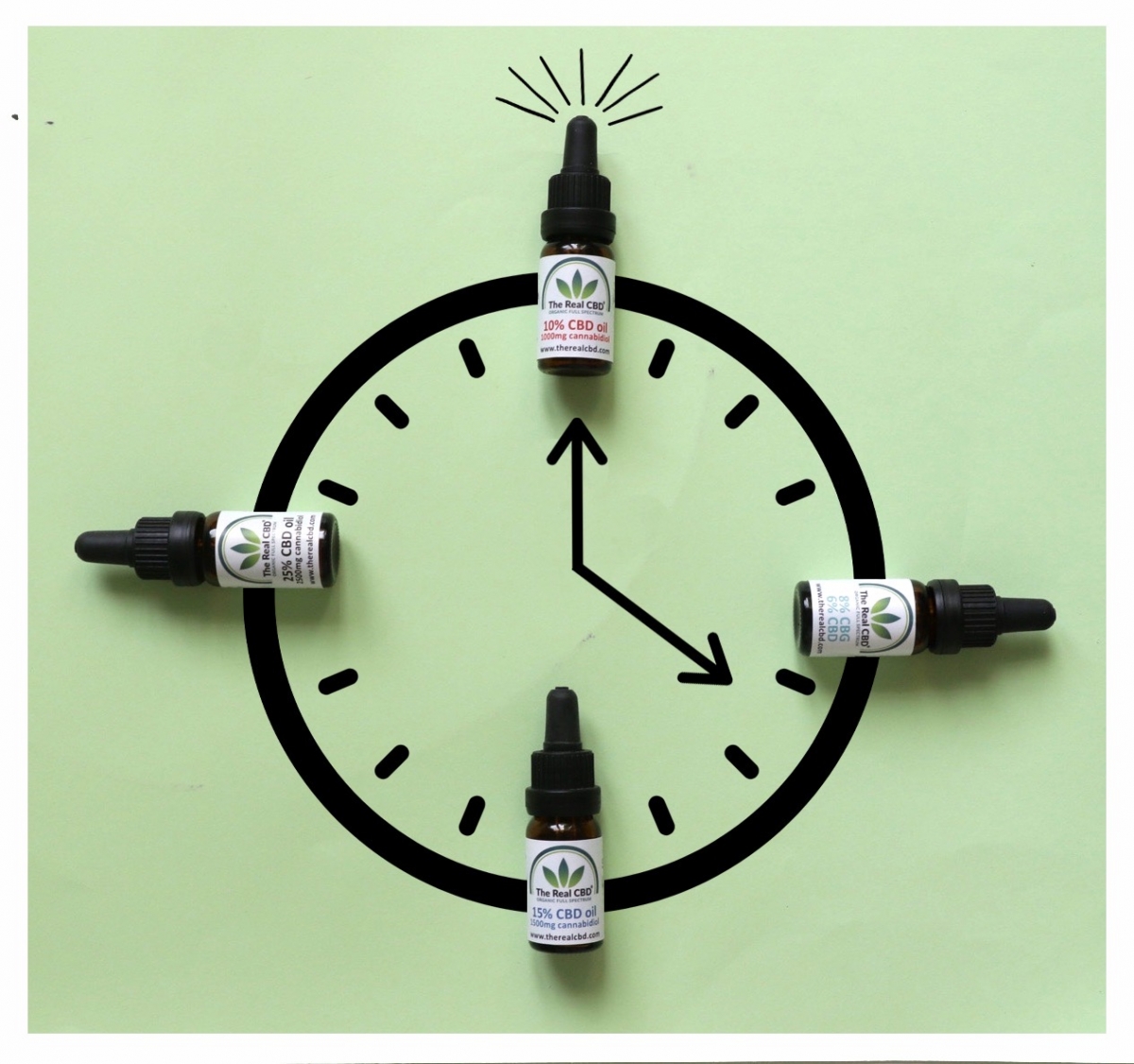
6. Tolerance:
- Building Tolerance: Over time, you may develop a tolerance to CBD, meaning you might need to adjust your dosage to achieve the same effects.
7. Drug Interactions:
- Interactions with Medications: CBD can interact with certain medications, altering its effectiveness or the effectiveness of the medications.
8. Timing and Consistency:
- Inconsistent Use: Regular, consistent use is key to determining CBD's effectiveness. Sporadic use may not provide conclusive insights into its benefits.
What to Do:
- Review Your Dosage: Consult with a healthcare professional who can provide guidance on proper dosing.
- Quality Check: Ensure you're using a high-quality, reputable CBD product.
- Experiment with Different Products: Try different types of CBD or different delivery methods.
- Manage Expectations: Be realistic about what CBD can and cannot do.
- Consistency: Maintain a consistent routine with your CBD usage.
More about CBD
Long-Term CBD Use: What We Don't Know Yet
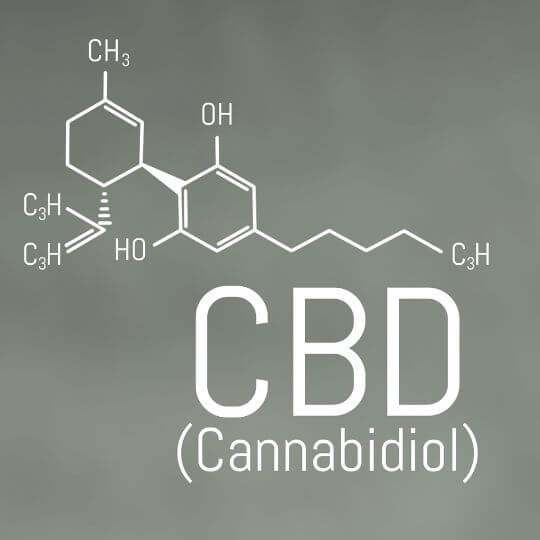
Research on the long-term effects of CBD use is still in its infancy. Potential impacts on hormonal balance, immune system function, and mental health require further study to fully understand.
While the long-term use of CBD holds potential, it is essential to approach it with an understanding of the current research limitations and the need for further studies. You should be cautious about the quality of CBD products, mindful of individual responses, and consult healthcare professionals for personalized advice, particularly in the context of existing health conditions or medications. As research progresses, more definitive guidelines and insights are expected to emerge, helping to inform safer and more effective long-term use of CBD.
Navigating the World of CBD Products
With a myriad of products available, choosing the right one can be daunting. Here are some tips:
- Research Brands: Look for companies with transparent practices and third-party testing.
- Start Low and Go Slow: Begin with a low dose and gradually increase it to find your optimal level.
- Consult Healthcare Providers: Especially important if you are taking other medications or have underlying health conditions.
Conclusion Does CBD Have Any Negatives?
While CBD offers potential health benefits, it is crucial to approach its use with awareness of its possible drawbacks. Quality, dosage, and individual responses vary, underscoring the need for personalized approaches and more research.
Remember, the realm of CBD is evolving. Stay informed, choose wisely, and consult professionals when in doubt.
FAQ – Does CBD have any negatives?
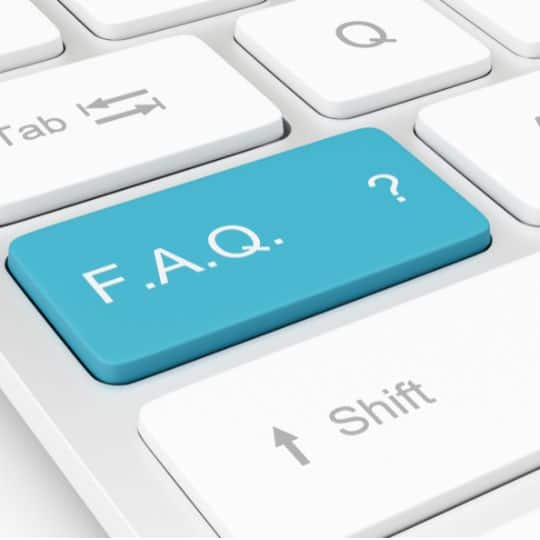
es, CBD can cause side effects in some individuals. These may include dry mouth, drowsiness, gastrointestinal issues like nausea or diarrhea, and changes in appetite. The severity and occurrence of these side effects can vary from person to person.
Yes, CBD can interact with certain medications, such as blood thinners. It's important to consult with a healthcare provider before using CBD, especially if you are taking other medications, to avoid any potential harmful interactions.
Yes, the quality and purity of CBD products can vary. Some products may contain contaminants like pesticides or heavy metals, and the actual CBD content may not match what is labeled. It's important to choose products from reputable sources and look for third-party testing.
The effectiveness of CBD is closely tied to the correct dosage. An inadequate dose may not provide the desired effects, while too high a dose can lead to side effects like drowsiness or gastrointestinal issues. Individual factors like body weight and the condition being treated also influence the ideal dosage.
The legal status of CBD varies by country and, in some cases, within regions of a country. In areas where CBD is regulated, there may be legal requirements regarding its use and distribution. This legal grey area can pose challenges for consumers and businesses, making it important to be informed about local laws and regulations regarding CBD.
Thank you for reading: Does CBD Have Any Negatives?

I am a certified expert in Medicinal Cannabis. We are all about giving correct and trustworthy information. We know how important it is to learn about CBD and cannabis, which is why we want to be your go-to source for trustworthy information. We help you improve your health by using our knowledge and experience as a starting point.

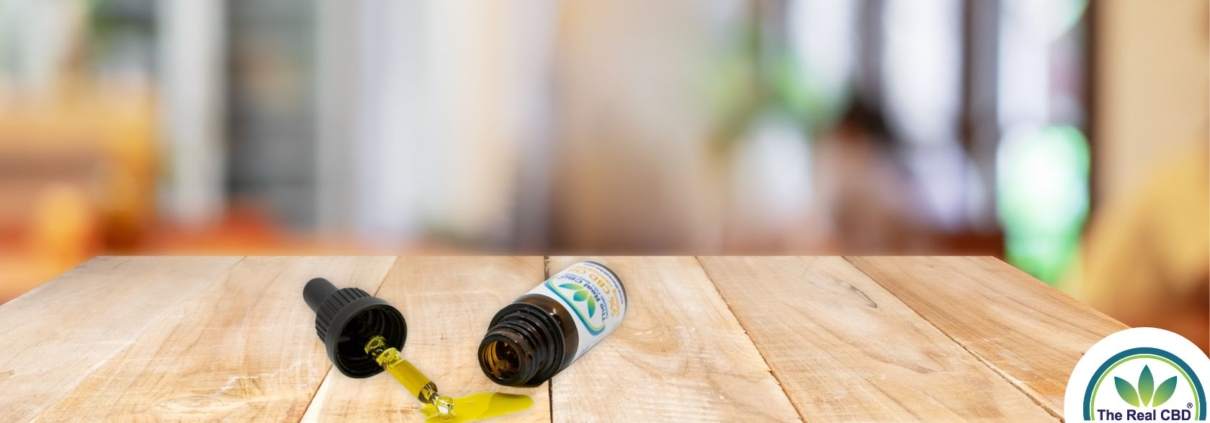
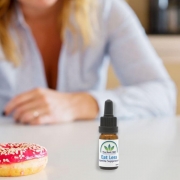


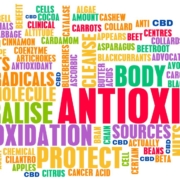
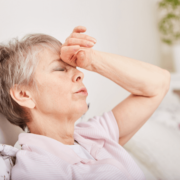
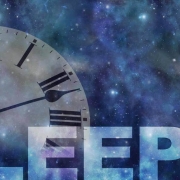

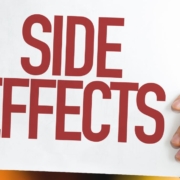




Leave a Reply
Want to join the discussion?Feel free to contribute!